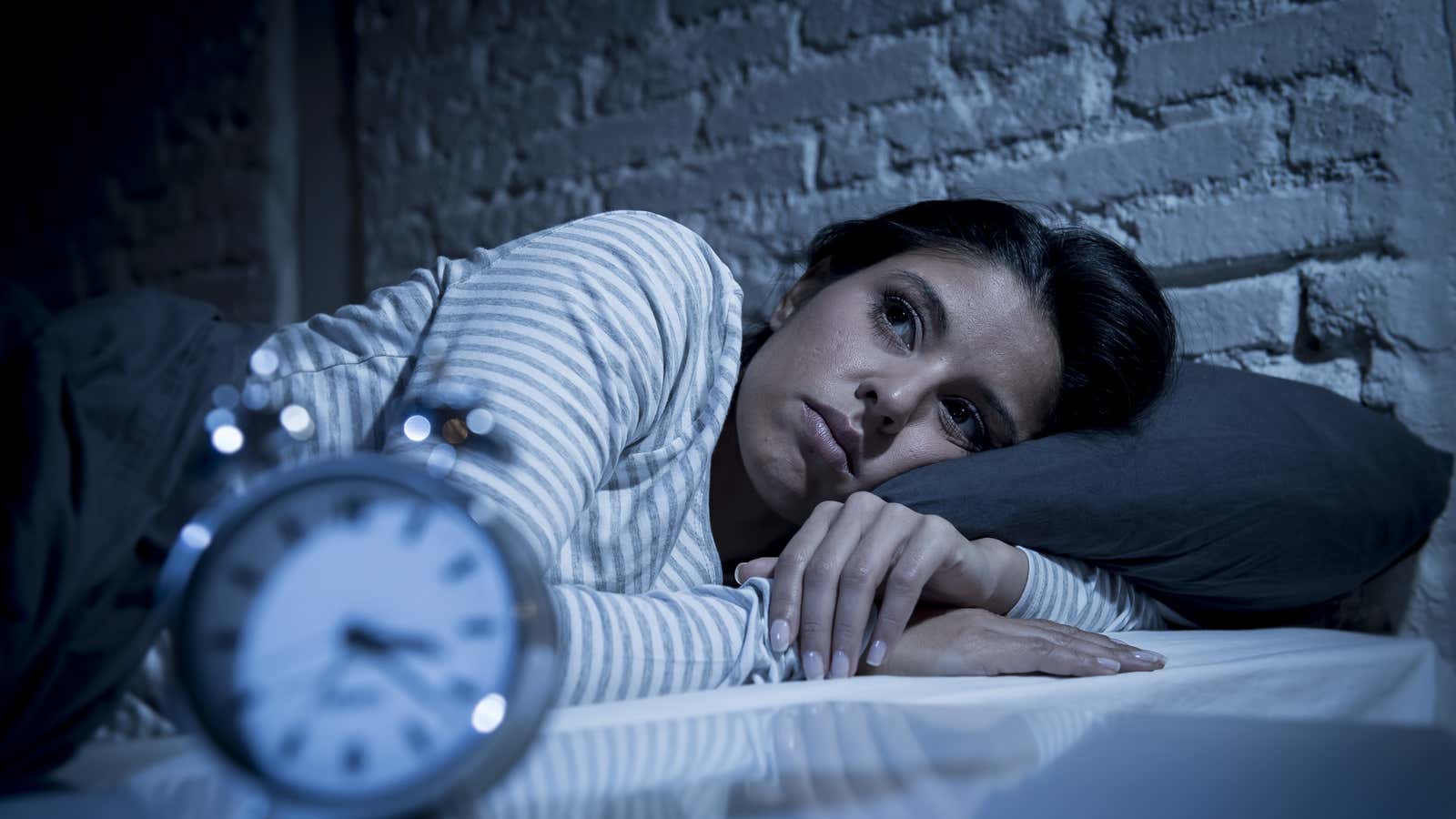Taking Melatonin Is Not a Sleep Cure

With all of us probably suffering from a bout of sleepless nights lately, you might be tempted to grab a bottle of melatonin, a natural sleeping pill. Melatonin is natural! It’s available over the counter! But while melatonin has been proven to be safe and non-addictive, there are still side effects that occur with regular use. As with everything, moderation is key.
If you are planning on using melatonin as a sleeping pill to survive the pandemic (or even after it has ended), there are a few things you need to know first.
What is Melatonin?
Melatonin is a hormone produced by your body that signals your brain when it’s time to sleep and wake up. Melatonin levels begin to rise in the dark, causing drowsiness, and drop in the morning when it’s time for you to wake up.
What Do Melatonin Supplements Do?
Melatonin is available without a prescription, often in pill, liquid, or chewable form, and is often used as a sleeping pill to combat circadian rhythm disturbances and insomnia, as well as other sleep problems. It should be noted that melatonin is marketed as a supplement, which means that companies selling it are not required to prove that it is safe or effective . However, there is ample evidence that melatonin can help people fall asleep faster and sleep longer.
For most people, the benefits are minor: you will fall asleep a little faster and sleep a little longer, but you will not see a dramatic change in the quality of your sleep. On the other hand, unlike many of the more powerful sleeping pills, melatonin is not addictive.
If you are taking melatonin for sleep problems, it is recommended that you take it 30 minutes before bed. If you are taking melatonin for a more regular sleep schedule, it is recommended that you take it 2-3 hours before bed.
What are the side effects?
Melatonin use has side effects , some of which include nausea, headaches, dizziness, and drowsiness. It can also interfere with the use of certain medications, such as antidepressants, blood thinners, and blood pressure medications.
If you’ve never taken melatonin before, it’s best to start with a lower dose first. There are also some concerns that long-term use may cause your body to produce less melatonin, although evidence for this is limited.
Is Melatonin Safe for Children?
Most of the studies on long-term use of melatonin have been conducted in adults. There have been some studies on short-term use in children that have shown its safety, but we still know little about the effects of long-term use. With this in mind, it is best to exercise caution when it comes to administering melatonin to children, as this may seem like a solution to their disrupted pandemic sleep patterns.
Combine Melatonin With Good Sleeping Habits
If you want to improve the quality of your sleep, it is important to develop good sleep habits first. Tips for getting the best sleep include planning a daily routine before bed, avoiding electronics or stressful topics before bed, and maintaining a regular fitness regimen. This behavior, done consistently, will help improve your overall sleep quality. If that’s not enough, melatonin may be another helpful tool to help you sleep better, but not the only solution.